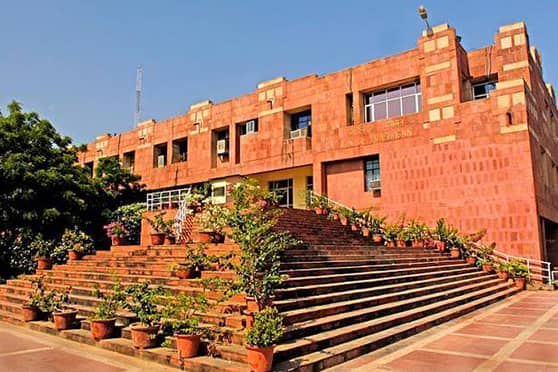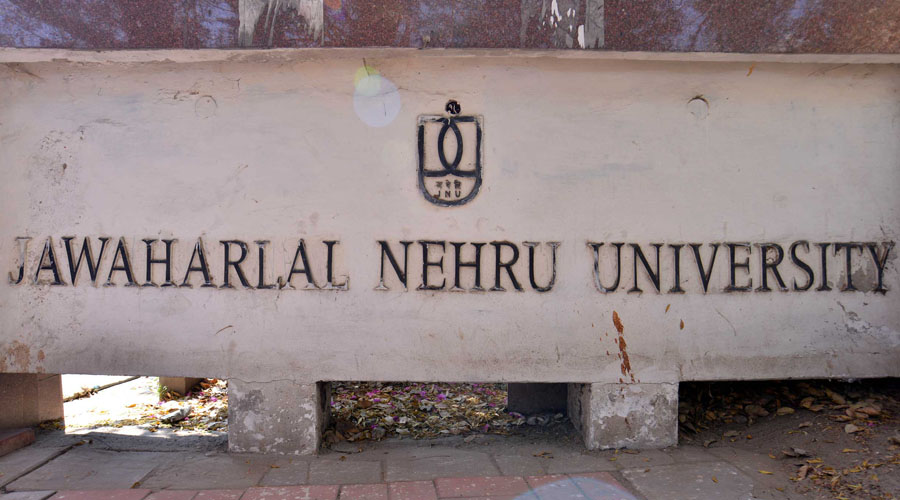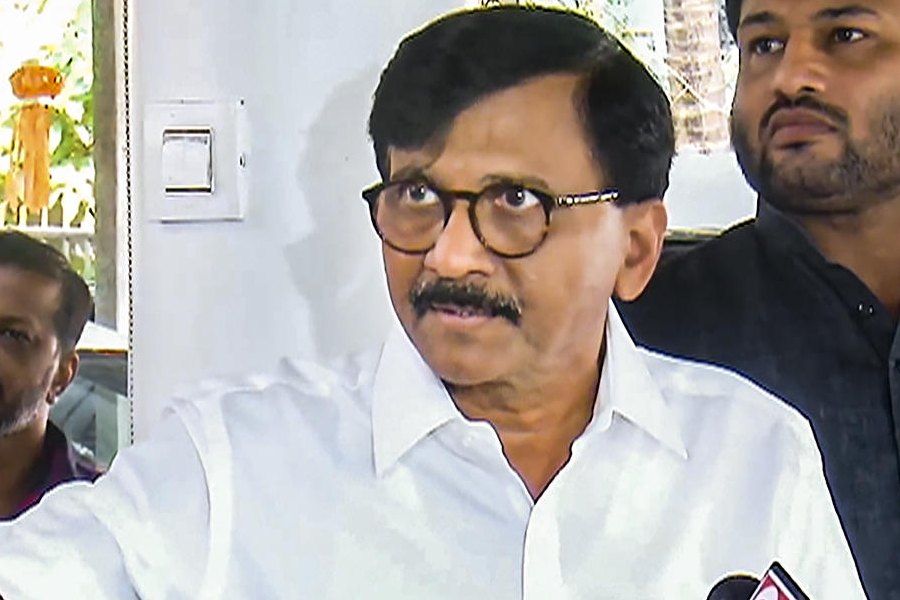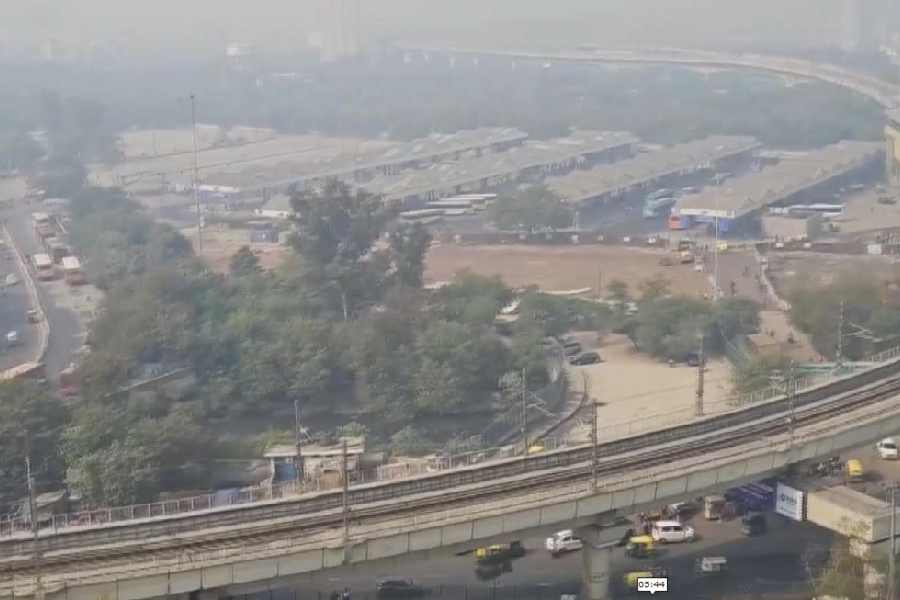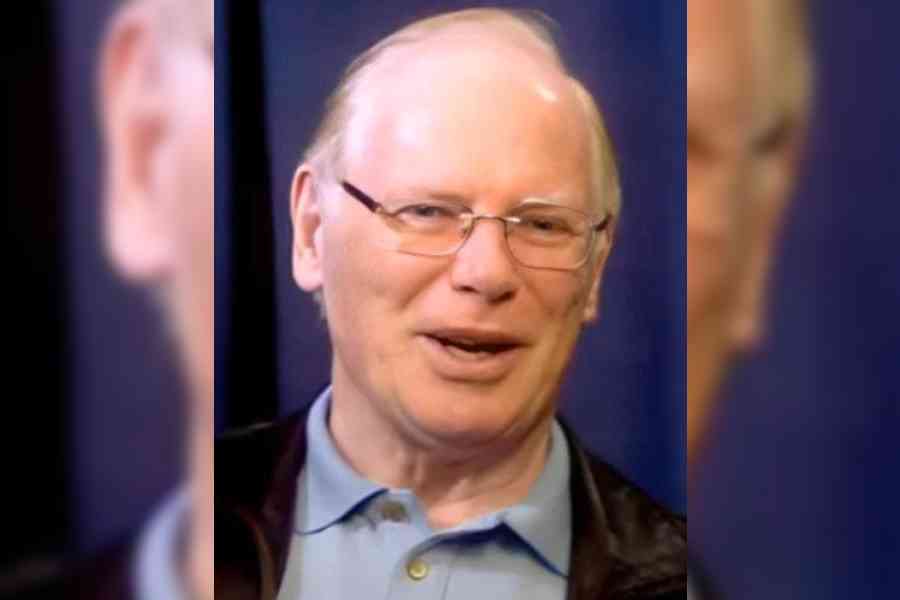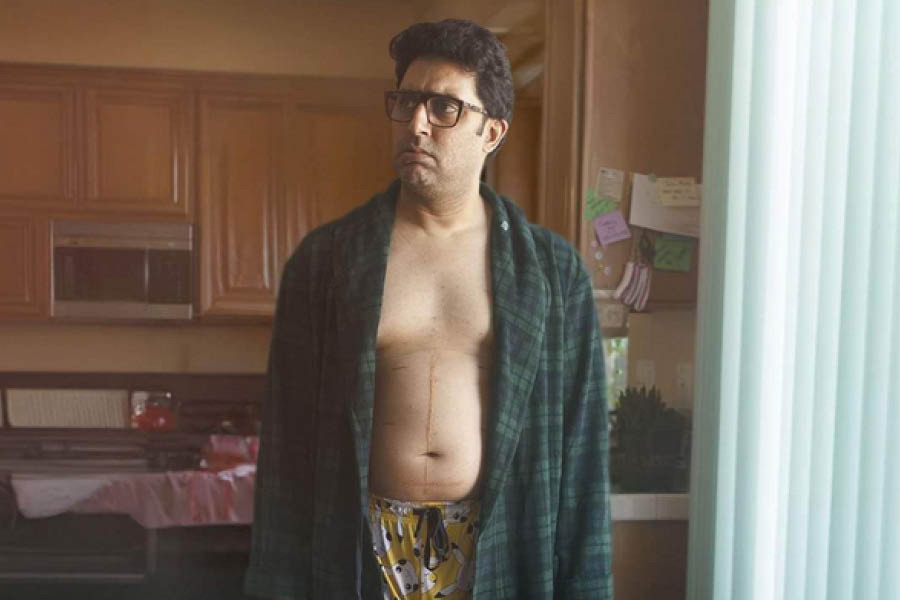Jawaharlal Nehru University’s Academic Council on Wednesday approved a proposal to join the proposed centralised entrance tests for admission of students to undergraduate and postgraduate courses from the upcoming session.
JNU used to organise its own entrance test.
As many as 45 universities have so far agreed to take in students through the Central Universities Common Entrance Test (CUCET) from the 2022-23.
Delhi University last month decided to stop its merit-based selection for undergraduate courses and admit students through the CUCET.
It is yet to decide whether to join the CUCET at the postgraduate level as well.
In a media release on Wednesday, the JNU administration said the Academic Council had taken the decision that the university would be part of the centralised entrance exam project. The decision will now be placed before the Executive Council, the highest decision-making body. Sources said its approval was a mere formality now.
According to the education ministry’s proposal, CUCETs will be held for undergraduate and postgraduate admissions from this year. For admission to PhD courses, the government has proposed that all central universities consider selecting candidates through the National Eligibility Test, meant to appoint assistant professors.
The Academic Council meeting where the decision to participate in the CUCET process was taken was chaired by in-charge vice-chancellor M. Jagadesh Kumar. A large number of members, including deans of JNU schools, centre chairpersons and external affiliates, endorsed the proposal, the media release said.
The JNU Teachers’ Association has opposed the move, citing the “uniqueness” of the institution and the alleged refusal to listen to the opinion of faculty committees and boards of studies.
“Honourable members raised issues about the unique nature of the University and their respective centres and requested that this matter be first discussed at the Centre/ School level. But unfortunately, the Caretaker VC did not allow their concerns any space and muted the speakers abruptly. Many faculty members were not even allowed to speak despite their raised hands,” the JNUTA said in a statement.
A DU professor alleged that the decision to join the CUCET process was not discussed in the admission committee of the university either but was introduced from the top. He expressed concern about impoverished students losing out in entrance tests for lack of access to coaching and English-medium education.
“Also, many students in DU colleges change stream after admission, depending on vacancies. Under the CUCET, students will be allowed to take the entrance test on the stream of their choice. After that, their choices will be limited to the stream they opted for initially,” the professor said, preferring anonymity.
Rajen Harshe, former vice-chancellor of Allahabad University, said a common entrance test for central universities was a welcome move because it would save students the trouble of appearing in the plethora of exams conducted by individual universities.
However, greater coordination among faculty members across universities is key to the success of the scheme, he felt.
Rajeev Kumar, a faculty member of the School of Computer and System Sciences of JNU, said there was no convincing ground to oppose the common entrance tests.
“The common entrance tests at the undergraduate and postgraduate levels will be held based on the syllabus of the qualifying exam. That is what universities, including JNU, are already doing in their separate admission processes. Still, if any university like JNU wants to assess the orientation of a student for their specialisation at the master’s level, they may conduct additional interviews. But there is no ground to oppose the common entrance process,” he said.
Rajeev Kumar said the interview process in universities, including JNU, was opaque. “If any interview is held, the process — questioning and assessment — should be transparent.”

